|
My name is Chunpai Wang (王春派). I am an applied AI/ML lead at JPMorgan Chase currently. I obtained my Ph.D. degree in Computer Science from University at Albany - State University of New York, where I worked on user modeling and sequential recommendation. During my Ph.D. studies, I was fortunate to be advised by Dr. Sherry Sahebi on user modeling and recommendation, Dr. Feng Chen from UT-Dallas, and Dr. Daniel B. Neill from NYU on anomaly pattern detection on large-scale graphs. I received a B.S. degree in Computer Science and a B.A. degree in Statistics from the University of Rochester, and I was fortunate to be advised by Dr. Jiebo Luo on graph mining research during my undergraduate studies. |

|
ResearchI am broadly interested in machine learning and data mining, particularly user modeling, personalization, sequential recommender systems, counterfactual policy evaluation, deep reinforcement learning, and anomalous event detection on graph data. Overall, I have seven years of hands-on experience doing research independently and collaboratively, including identifying the nature of a problem, conducting literature reviews, statistical modeling, rigorous experimental design, and result analysis. Following is a list of my publications. |
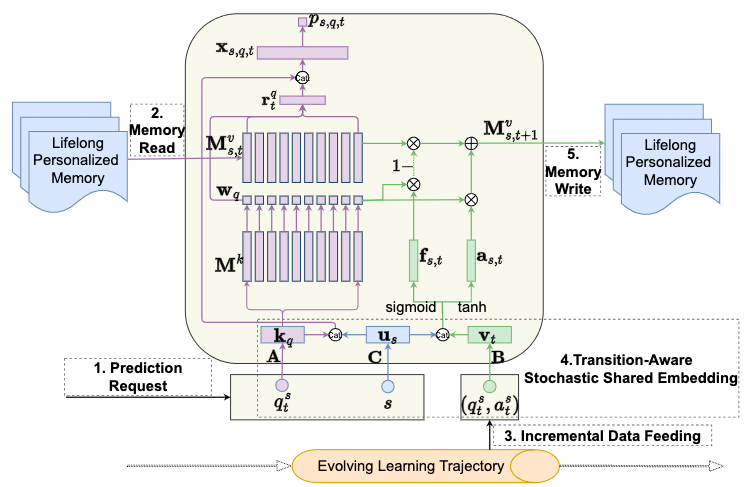
|
Continuous Personalized Knowledge Tracing: Modeling Long-Term Learning in Online Environments
Chunpai Wang, Shaghayegh Sahebi 32nd ACM International Conference on Information and Knowledge Management (CIKM), 2023 Acceptance Rate: 24%. (Research Track, Long Paper). |
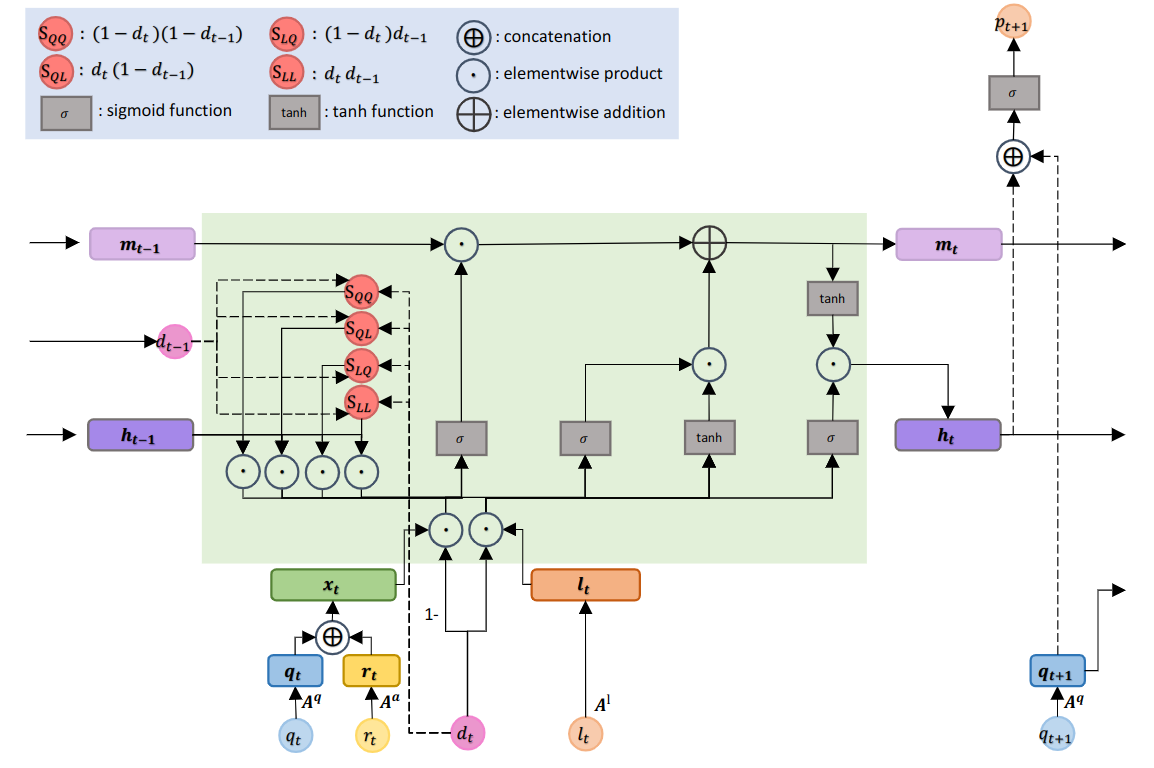
|
Transition-Aware Multi-Activity Knowledge Tracing
Siqian, Zhao, Chunpai Wang, and Shaghayegh Sahebi IEEE International Conference on Big Data (BigData), 2022 Acceptance Rate: 19.2%. Student Travel Award Recipient. |
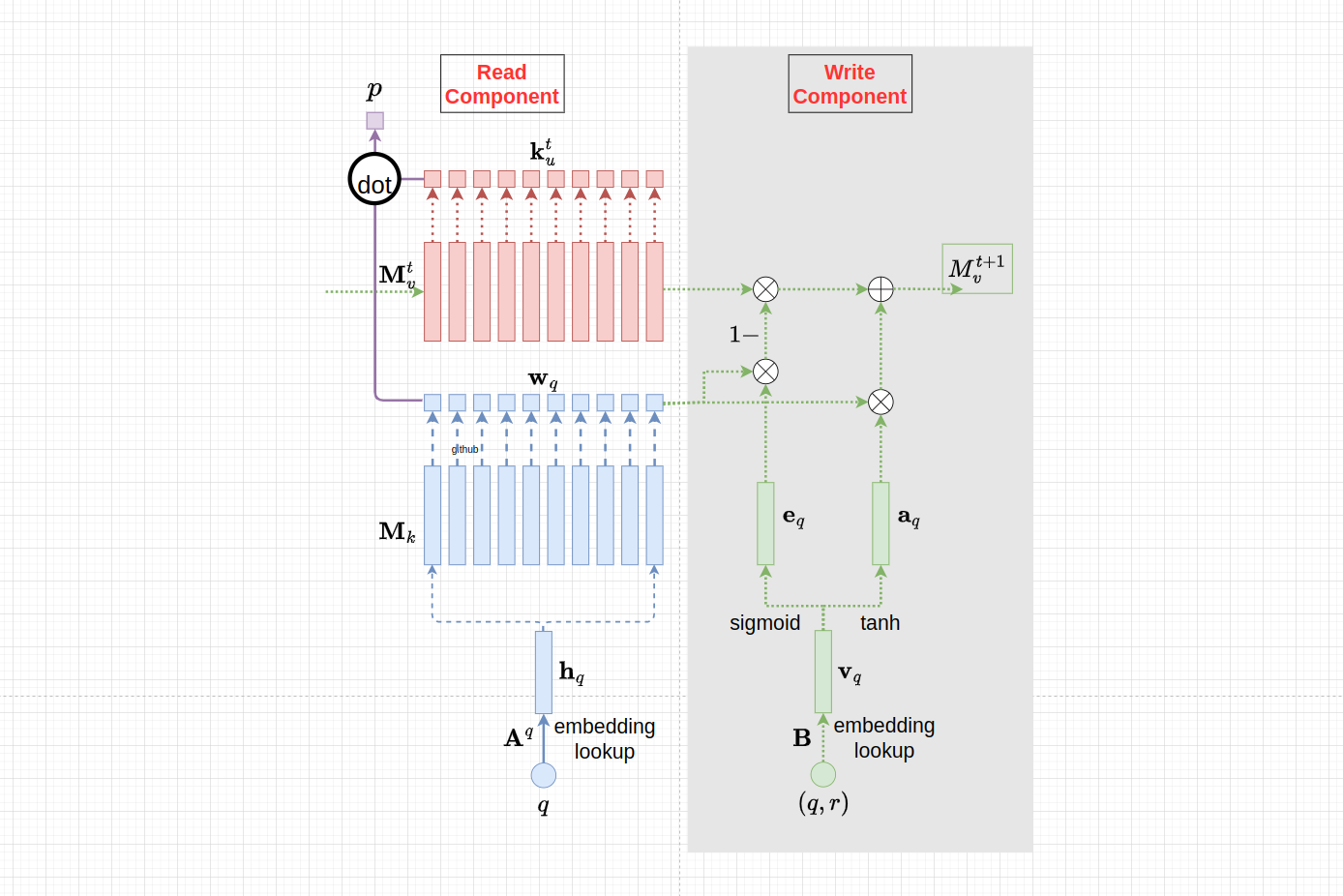
|
Proximity-Based Educational Recommendations: A Multi-Objective Framework
Chunpai Wang, Shaghayegh Sahebi, and Peter Brusilovsky MORS Workshop at 16th ACM Conference on Recommender Systems (RecSys), 2022 paper |
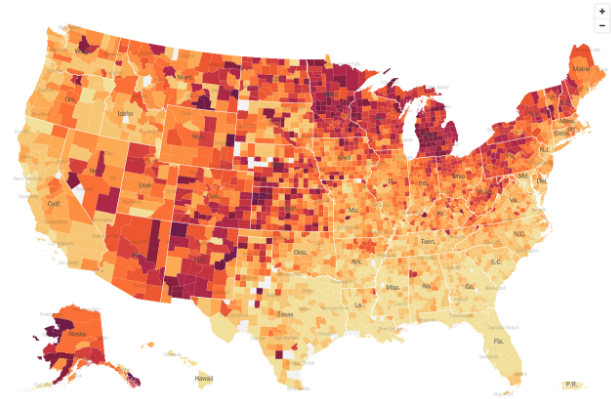
|
Calibrated Nonparametric Scan Statistics for Anomalous Pattern Detection on Graphs
Chunpai Wang, Daniel B. Neill, and Feng Chen 36th AAAI Conference on Artificial Intelligence (AAAI), 2022 Acceptance Rate: 15%, and Selected for Oral Presentation (< 5%). paper / appendix / slides / code |

|
STRETCH: Stress and Behavior Modeling with Tensor Decomposition of Heterogeneous Data
Chunpai Wang, Shaghayegh Sahebi, and Helma Torkamaan 30th IEEE/WIC/ACM International Joint Conference on Web Intelligence and Intelligent Agent Technology (WI-IAT), 2021 paper |
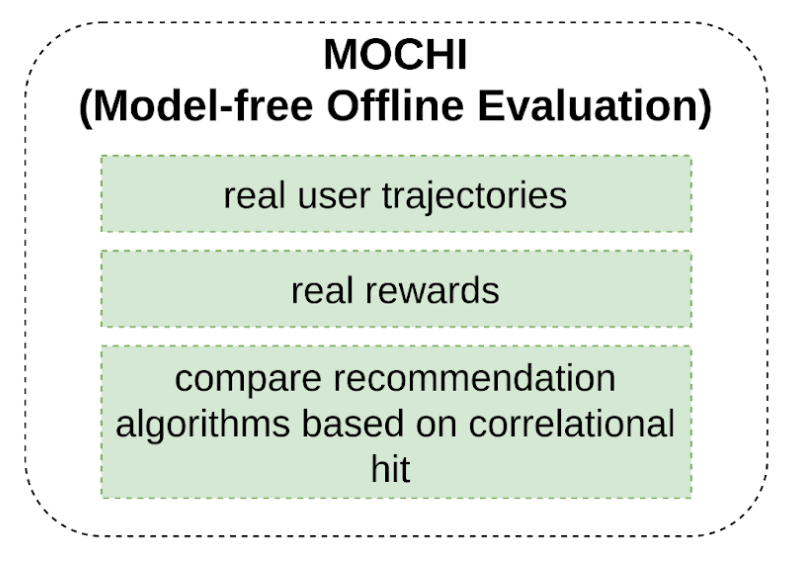
|
MOCHI: an Offline Evaluation Framework for Educational Recommendations
Chunpai Wang, Shaghayegh Sahebi, and Peter Brusilovsky Perspectives at 15th ACM Conference on Recommender Systems (RecSys), 2021 paper / code |
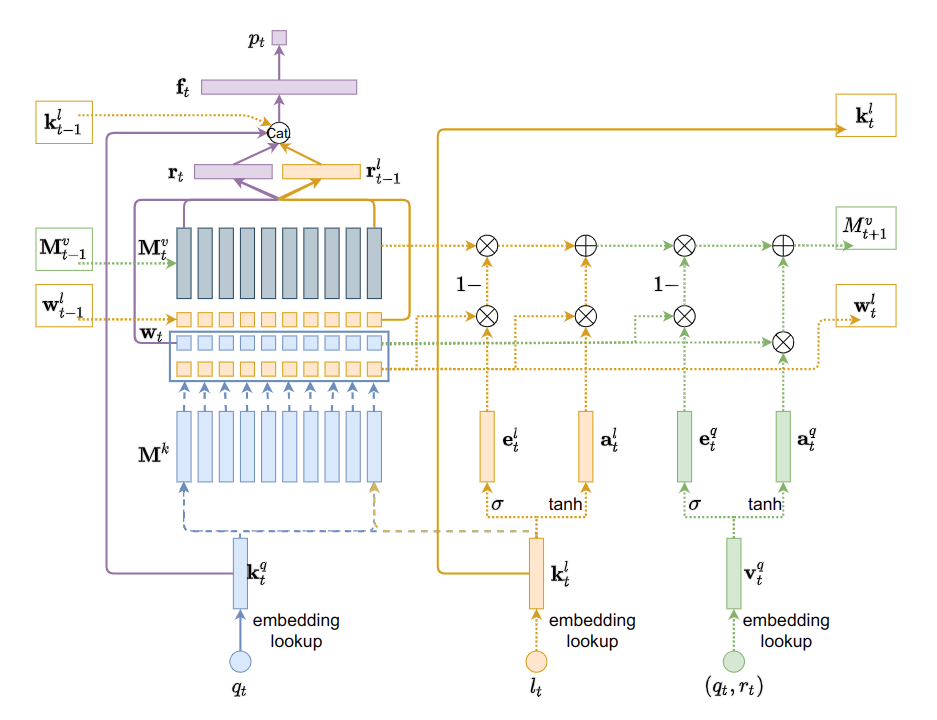
|
Learning from Non-Assessed Resources: Deep Multi-Type Knowledge Tracing
Chunpai Wang, Siqian Zhao, and Shaghayegh Sahebi 14th International Conference on Educational Data Mining (EDM), 2021 Acceptance Rate: 20% paper / video / code |
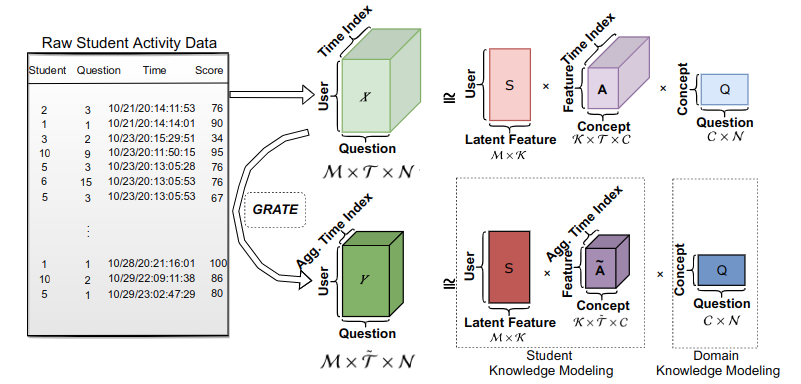
|
Knowledge Tracing for Complex Problem Solving: Granular Rank-based Tensor Factorization
Chunpai Wang, Shaghayegh Sahebi, Siqian Zhao, Peter Brusilovsky, and Laura O. Moraes 29th ACM Conference on User Modeling, Adaptation and Personalization (UMAP), 2021 Acceptance Rate: 23% paper / video / code |
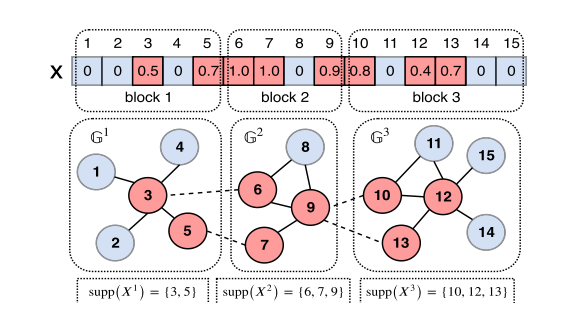
|
A Framework for Subgraph Detection in Interdependent Networks via Graph Block-Structured Optimization
Fei Jie, Chunpai Wang, Feng Chen, Lei Li, and Xindong Wu, IEEE Access, 2020 paper |
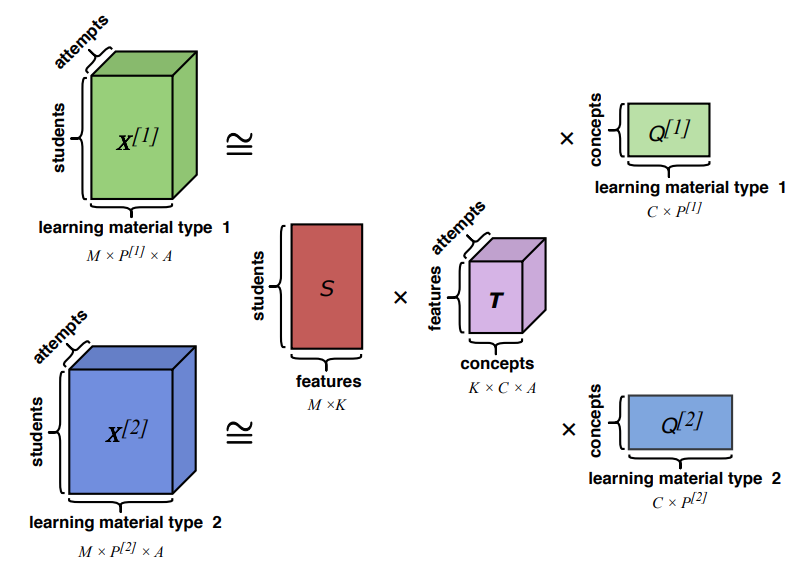
|
Modeling Knowledge Acquisition from Multiple Learning Resource Types
Siqian Zhao*, Chunpai Wang*, and Shaghayegh Sahebi 13th International Conference on Educational Data Mining (EDM), 2020 (* Equal Contribution) paper / code |
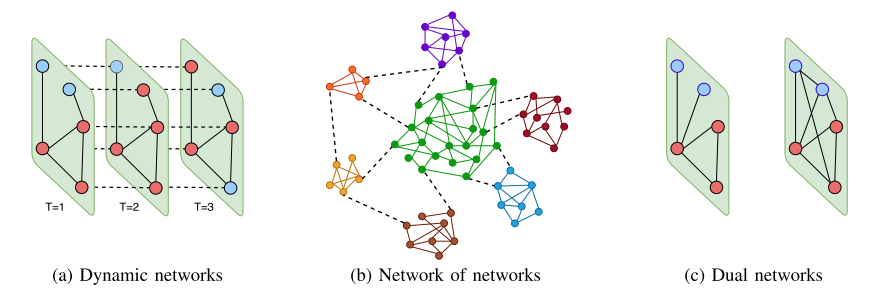
|
Block-Structured Optimization for Anomalous Pattern Detection in Interdependent Networks
Fei Jie*, Chunpai Wang*, Feng Chen, Lei Li, and Xindong Wu, IEEE International Conference on Data Mining (ICDM), 2019 (* Equal Contribution, Acceptance Rate: 18.5%) paper |

|
Collective Subjective Logic: Scalable Uncertainty-based Opinion Inference
Feng Chen, Chunpai Wang, and Jin-Hee Cho IEEE International Conference on Big Data (BigData), 2017 Acceptance Rate: 18% paper |
